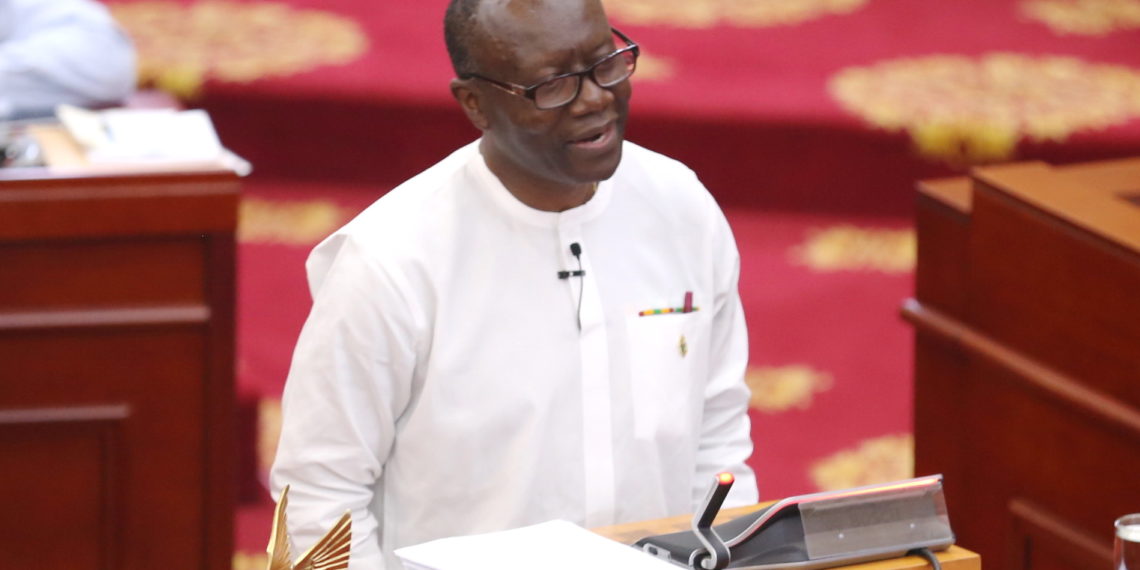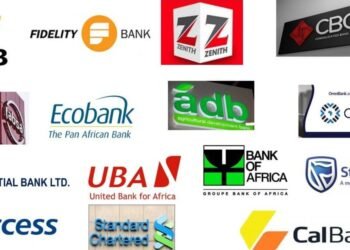The Finance Minister, Ken Ofori-Atta, has indicated that 125 out of government’s 296 ‘One District, One Factory’ flagship program is operational.
Mr Ofori-Atta revealed that this is by far the biggest industrialisation programme the country has seen since colonial days. He explained that as against the 278 projects and 106 operational 1D1Fs reported in November, 2021, the industrialisation agenda is progressing steadily.
Addressing parliament, Mr Ofori-Atta urged more investors to see the current global supply chain challenges as rather an opportunity to invest in Ghana now, as the country is the commercial centre of the Africa Continental Free Trade Area.
“The President’s vision to see Ghana producing what we use for ourselves and our neighbours as well is unfolding right before our very eyes. Out of 296 1D1F projects undertaken since 2017, 125 are currently operational across the country.”
Ken Ofori-Atta
The finance minister noted that government on its part will continue to support 1D1F firms with technical assistance, tax incentives and access to credit. He stated that there will be additional “interest payment subsidy support to de-risk lending to create jobs and promote export orientation” for transformation.
COVID-19 pandemic and the Russia Ukraine War, Mr Ofori-Atta highlighted, have combined to disrupt supply chains and increased transportation costs which are threatening food security globally. Nonetheless, he explained that what the people of Ghana care to see is what government is doing about the situation to ease the impact.
The finance minister emphasized that to enable households and farmers cope and support stable food supply, government, has taken some immediate measures to address the situation and this includes the placement of a temporary ban on grain such as maize, rice, and soya, promote the use of organic fertilizers and cultivation of crops such as roots which require less fertilizer.
Mr Ofori-Atta expressed that government is monitoring “food and input prices to pick early warning signals” of potential food crisis in order to take prompt remedial action. He further emphasized government’s resolve to “finalise modalities for the haulage of produce from farm gates in food growing areas to the market centres”.
Investment in agriculture by government
Government, Mr Ofori-Atta noted, continues to invest strategically in key sectors of the economy for catalytic results under the GhanaCARES Programme. He indicated that significant progress has been made under the programme in the first half of 2022 which includes the completion of the first phase of registering farmers and value chain actors in the northern sector.
He stated that registration is currently totalling some “1,274,229 farmers and 32,970” value chain actors. The finance minister emphasized that the move is safeguarding 1,309 jobs, whereas there is the training of about 25,104 under the ‘Youth in Innovative Agriculture’ initiative to seamlessly integrate into agriculture value chains.
“This has started impacting how agricultural interventions are delivered to our farmers, offering a 50 percent Interest Rate Subsidy on loans worth GHS 5,953,288.73 to the private sector agribusinesses in the rice, soya, poultry and tomato value-chains to ease the cost of borrowing and providing GHS 27.3 million as guarantee cover for loans amounting to GHS 94.7 million under GIRSAL…”
Ken Ofori-Atta
READ ALSO: You Must Be A Fool To Think TikTok Is Not Part Of Marketing Process – King Promise



















